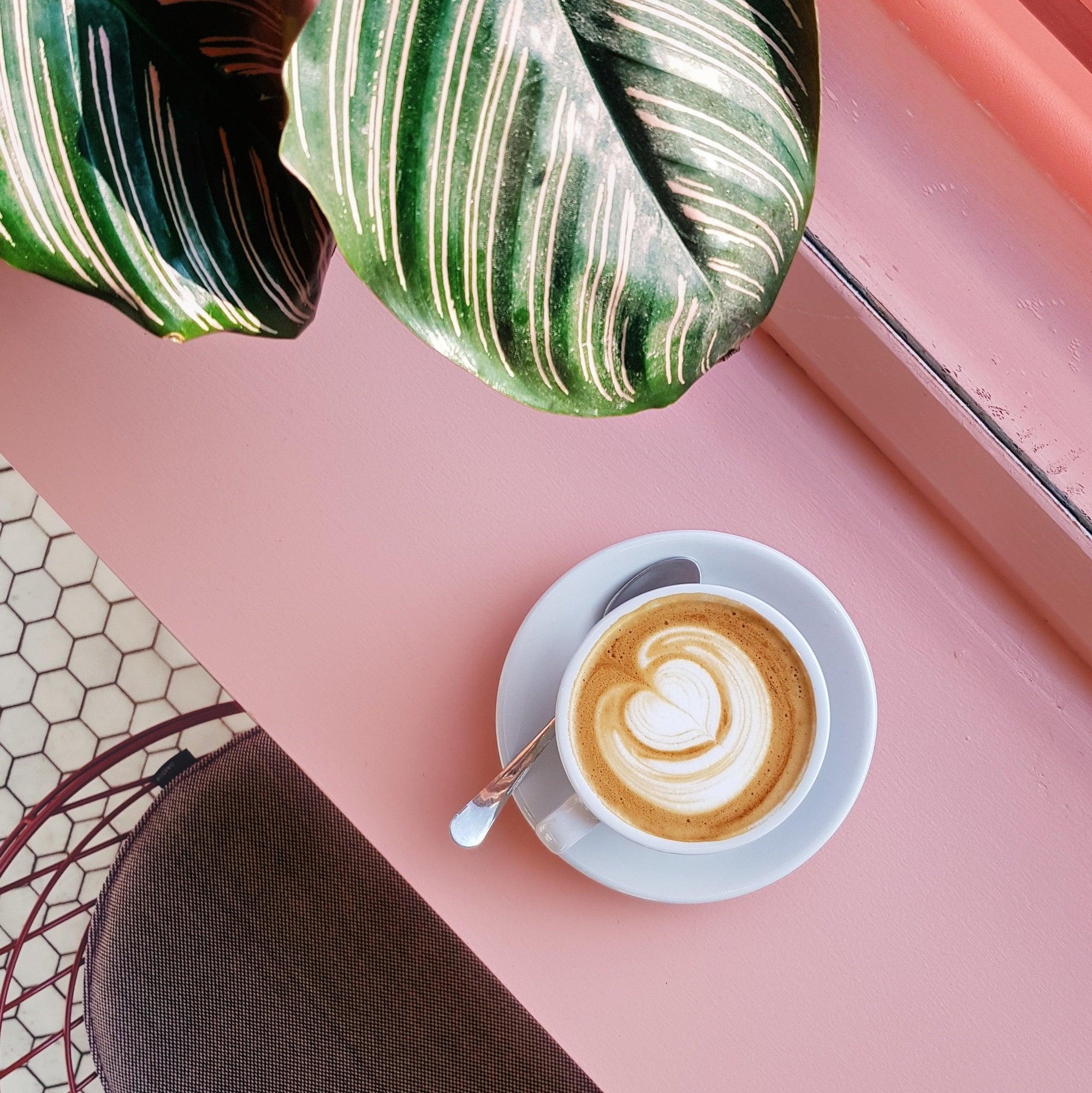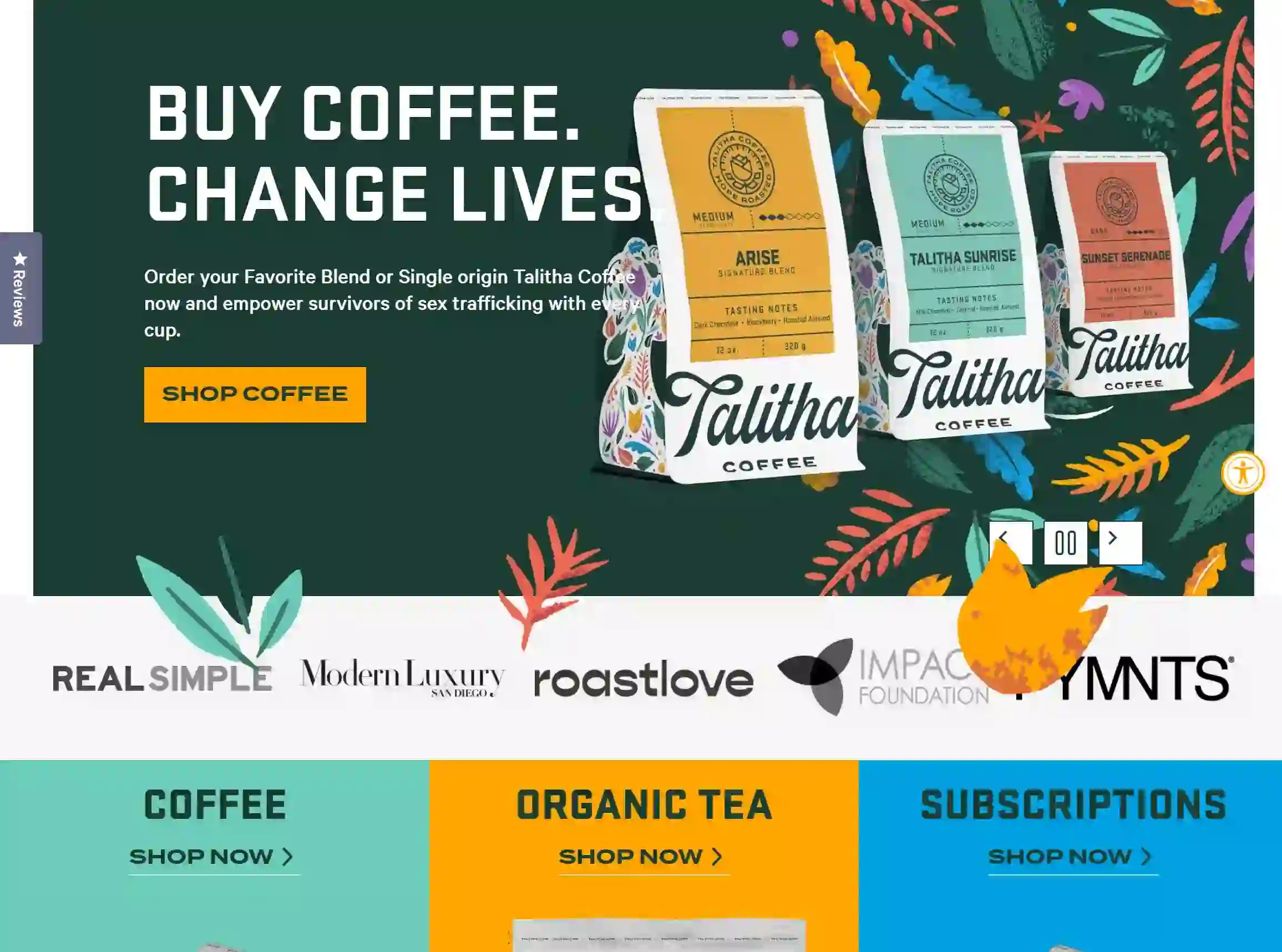5 TIPS TO BE A MORE ECO-FRIENDLY COFFEE DRINKER.



Coffee production around the globe is massive. It’s one of the most widely-traded commodities in the world—with tens of billions of pounds produced annually in over 50 countries. This makes it very difficult to be a completely environmentally-friendly industry; just think of how much fossil fuels are burned simply transporting coffee around the world.
However, this doesn’t mean that we shouldn’t do our part in reducing our own carbon footprint as coffee lovers. Here are five tips to be a more eco-friendly coffee drinker today as we celebrate Earth Day and every day during the year. Just these relatively small actions can have a tremendous impact on the environment.
Buy Organic and Sustainable Coffee
Going through all of the trouble and sometimes very painstaking process of sourcing certified organic and sustainable coffee is worth all the extra effort. Organic coffee is not treated with any of the pesticides, insecticides, herbicides, fungicides, and synthetic fertilizers in which all conventional (non-organic) coffee is treated. This contaminates the air, water, and land, and also directly affects the health of the farmers, the surrounding communities, and ultimately the people who end up consuming it.
However, using organic methods of not using chemicals is just one aspect of ethically grown and sustainable coffee. When conventional growers want to expand their farms, the easiest thing for them to do is to cut down some of the surrounding forests. Additionally, coffee is often grown on steep slopes; if care is not taken, it can lead to erosion and sediment ending up in nearby lakes, rivers, and streams. Processing coffee is also water-intensive, and the wastewater can contaminate the groundwater. Altogether, these practices quickly become unsustainable. This is why it is important to be mindful of purchasing coffee that is grown and sourced sustainably.
Invest In A Reusable Coffee Mug
Disposable styrofoam, paper, and plastic cups clog our landfills since most of them are non-recyclable due to the materials from which they are made. There are some really fantastic reusable insulated mugs out there that not only will save extra waste from going into our landfills but also keeps your coffee nice and hot (or cold).
In our cafe, we also offer a zero-waste coffee container program. Customers are given the option to have their drink served in a glass container accompanied by a metal lid and insulated sleeve constructed from 100 percent recycled plastic bottles that were directly removed from the coastline. The recovered plastic bottles are broken down and transformed into recycled yarn, which is then woven into an insulated sleeve.
Repurpose Used Coffee Grounds
Most people throw used coffee grounds in the trash because coffee is biodegradable. However, in a landfill, used coffee grounds emit methane gas. Instead, the easiest way to dispose of your used grounds is to add them to the soil of your houseplants or outside in your backyard or garden. Doing this provides all sorts of benefits: they add nitrogen, potassium, and phosphorus, plus other micronutrients to the soil or compost, act as a barrier to keep garden pests away from your plants, and are great food for worms
Use Metal Spoons and Liquid Sugar Instead of Wooden Stir Sticks and Sugar Packets
This undoubtedly classifies me as a huge tree-hugger in the eyes of many people (which I’m not ashamed of), but one of my biggest pet peeves and something that I consider to be extremely wasteful is when I see the garbage in a cafe full of hundreds of single-use wooden stir sticks and countless paper sweetener packets. For those people who like cream and sugar in their coffee, there is no need to kill trees in order to sweeten and stir milk into your coffee when you could just use a reusable metal spoon instead and use liquid sugar, honey, or agave nectar.
Use Permanent Coffee Filters or Compostable Paper Filters
If you have a drip coffee maker at home, try a permanent coffee filter, which are normally made of stainless steel, instead of the traditional paper variety. You’ll cut down on waste and this filter also allows more of the coffee oils into the cup. If that’s not your preference, then you can also easily find biodegradable paper filters.
Additionally, there are many other coffee brewing methods out there that do not use paper filters, such as using a French Press or even an AeroPress. Whatever you do, please try to avoid single-serve coffee makers that use coffee pods. Those produce a tremendous amount of plastic waste that ends up in landfills and our oceans despite how convenient they might seem. According to an article in the New York Times, last year alone, there were more than 9 billion coffee pods sold, which if placed end-to-end, would circle the globe roughly 10 times.




